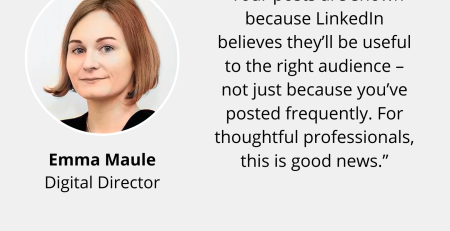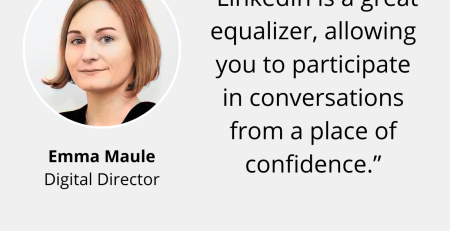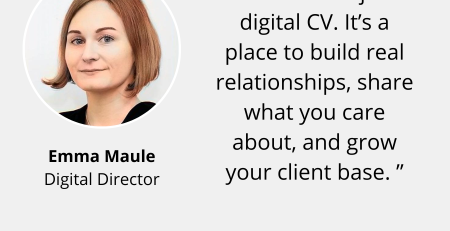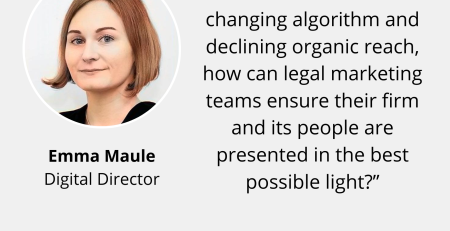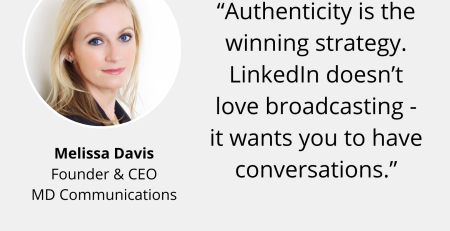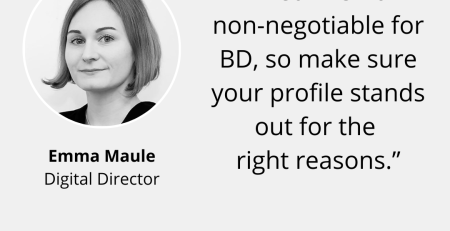We all know about the perils of posting photos of ourselves in the advanced stages of partying – but what rules should professional people apply to blogging?
Social media offers lawyers the chance to blog about intensely personal matters that they feel there is a value in sharing. It’s something I’ve had cause to consider recently because my mother was diagnosed with Alzheimer’s at the age of 65, three years ago, and it’s been an emotional rollercoaster ever since. Thinking about how to present this outpouring I began wondering about personal blogging in a professional context. The rules I concluded should apply, and which I believe should work for lawyers in a similar position are as follows.
Blogs have very much blurred the lines between where business ends and people begin and whilst this has provided new and exciting opportunities for humanising previously rather aloof industries such as the law, I couldn’t help wondering what the consequences might be for the individual of becoming so digitally vulnerable like this. Is there a line that is crossed when personal gets ‘too personal’?
For many of us who have made our careers in professional industries such as law, the maxim of ‘don’t mix business with pleasure’ is often played on repeat.
However, the arrival of forms of digital marketing such as social networking and blogging means that personality is now a requirement of a marketing platform and few blogs are now particularly successful without it. Digital consumers want to know what kind of person lies behind the blog; they don’t want to feel like they are dealing with a machine. Striking the balance between achieving a ‘voice’ for your blogs and social networking accounts that is personable and genuine, whilst avoiding becoming personally vulnerable seems to be the aspirational standard of blogging in 2013.
So, after some considerable research into how personal is too personal when it comes to blogging, the conclusion seems to be that it depends entirely on the context – and the individual.
A blog that is attributed to a firm, for example, doesn’t need to have the same level of personal revelation and insight as one that has an individual’s name on it to appeal to those likely to follow.
Equally, if you are working to present a proficient front to an industry that is notoriously uninterested in the personal lives of its professionals, too much detail can be offputting.
The other risk that we take with disclosing too much of our personal lives and emotions via digital marketing is that we detract from the product or services that we are offering. If you become defined by something in your personal life, rather than by how well you do what you do, then you may well reduce your potential client base.
And finally, it’s worth remembering that in a profession such as law certain ethical standards are required of its members, and if blogs or social media messages indicate lines are being crossed the consequences can be much more far reaching than for those who don’t have these standards to uphold. While ‘the internet’ might seem anonymous, it’s amazing how uncomfortable the real life consequences of personal digital revelations can be.
So aside of letting any readers of this blog know a fact about a very personal part of my life I won’t be going into any more detail here. That’s for another forum.
“This blog first appeared in the Law Society Gazette on 26 September 2013.”


